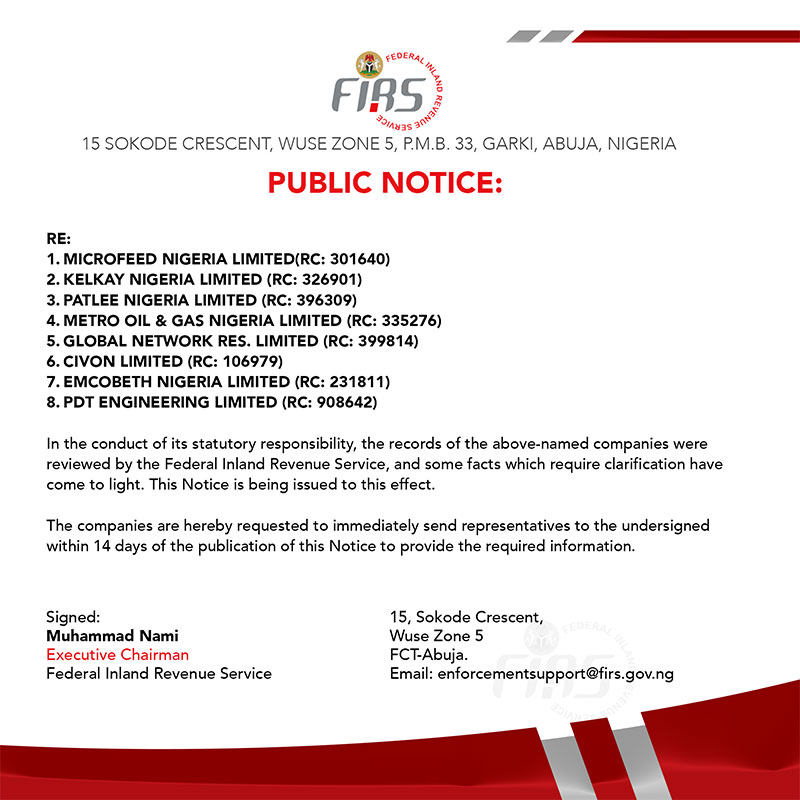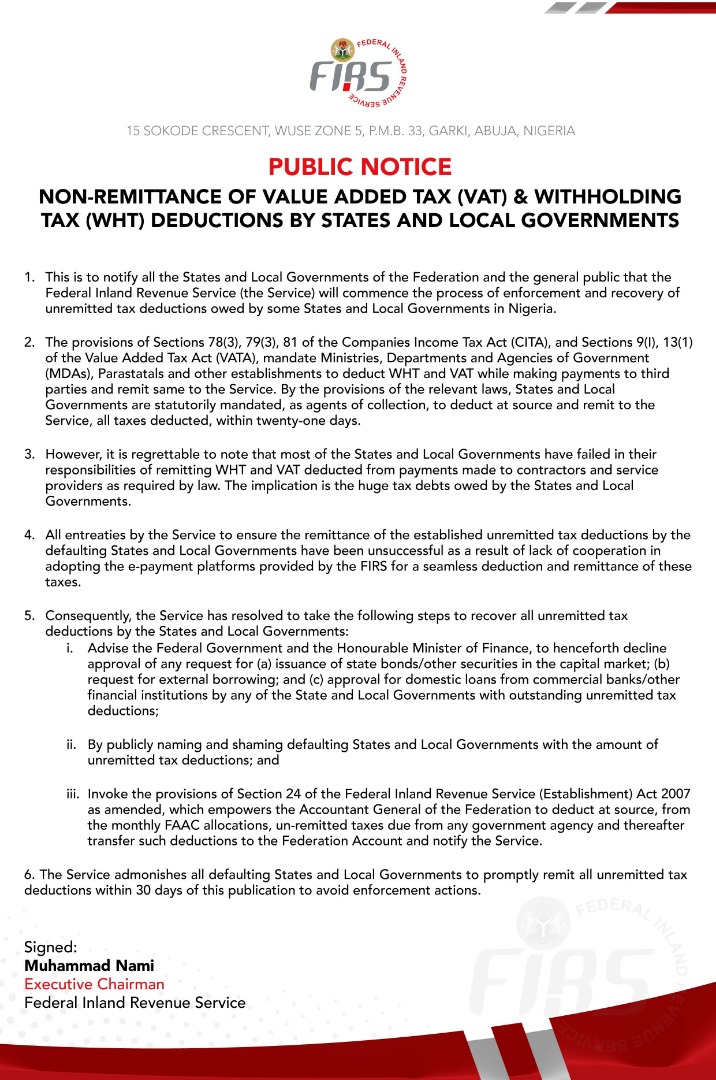The Managing Director, Access Bank Plc, Herbert Wigwe has assured all Nigerians of Access Bank’s commitment to the fight the Corona virus (COVID-19).
According to Wigwe, Access Bank’s N1bn donation to the fight against COVID-19 is in line with the Bank’s brand promise of offering ‘more than banking’. According to him, “Access Bank is at the forefront of the fight against the spread of COVID-19.”
Wigwe said “The Coalition Against COVID-19 (CACOVID) of which Access Bank is a major partner, was instituted to ensure we minimize the impact of COVID-19 having learnt from other countries in Europe and Asia. You can rest assured that Access Bank will continue to make appropriate arrangements to support the government, in ensuring that Nigeria has the requisite means to protect all Nigerians while combating the virus”
Through CACOVID, Access Bank will join in the procurement of over 20,000 NCDC and WHO approved diagnostic tools, set up isolation/testing centres with 1,000 beds across the 6 geo-political zones of Nigeria. The first six states will be Lagos, Enugu, Kano, Port Harcourt, Borno and Abuja, while also facilitating the building of a new permanent isolation structure at mainland hospital, Yaba.
The world is currently fighting a global health crisis as COVID-19 spreads rapidly across many countries. As a result of this devastating pandemic, lives, businesses among others are being threatened globally.
With increasing number of infected persons by the day,Wigwe admitted that more will have to be done if Nigeria is to successfully slow the spread of the virus and ultimately beat it. He called on the populace to show solidarity in adherence to social distancing and other guidelines outlined by the governments at state and federal levels, as plans are stepped up to combat the spread of COVID-19.
Currently, there is no vaccine to prevent or treat COVID-19, individuals can protect themselves and help prevent spreading the virus by washing their hands regularly with soap under running water or use alcohol-based hand sanitizers; cover nose and mouth with a disposable tissue or flexed elbow when coughing or sneezing; avoid close contact (1 meter or 3 feet) from people; stay home and self-isolate from others in the household if they feel unwell; and avoid touching of the eyes, nose, and mouth.
It is important to note that in addition to the aged, people with underlying ailments are particularly susceptible to the impact of the virus.
However, Wigwe urged everyone to stay calm adding “this too shall pass.”






























